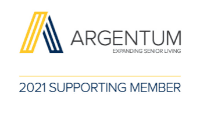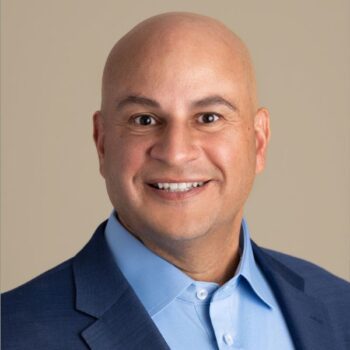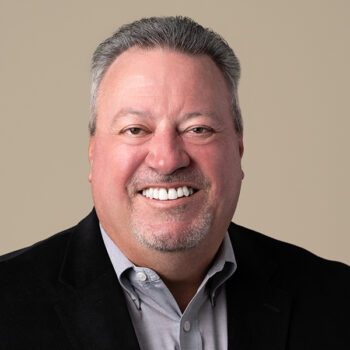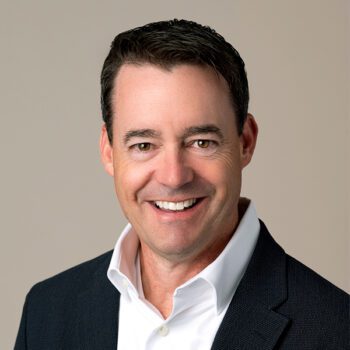Insuring over 600 healthcare facilities
Since 2009, Horton has specialized in healthcare organizations to take their commercial insurance and employee benefits programs to a higher level of performance. Comprised of sound risk management, innovative employee benefit solutions, and industry-leading safety, wellness, and risk transfer strategies, agencies have the tools at their fingertips to control their destiny.
Our senior living clients have their hands full trying to execute their purpose-driven work while worrying about a variety of concerns, including rising costs, increasing claim severity and frequency especially around COVID-19, difficult litigation environments, occupancy concerns and staff / labor pressures. It is our job to handle these concerns so our clients can fully focus on their operations – not their insurance.
Talk To An Advisor









